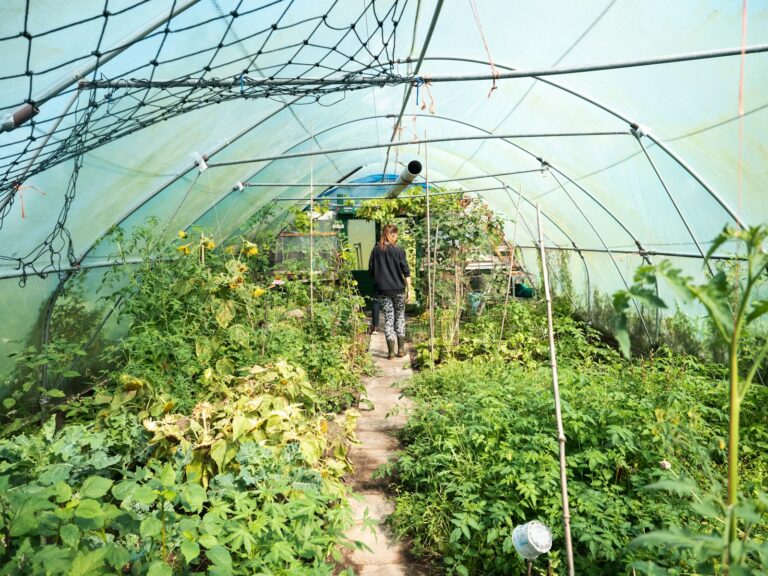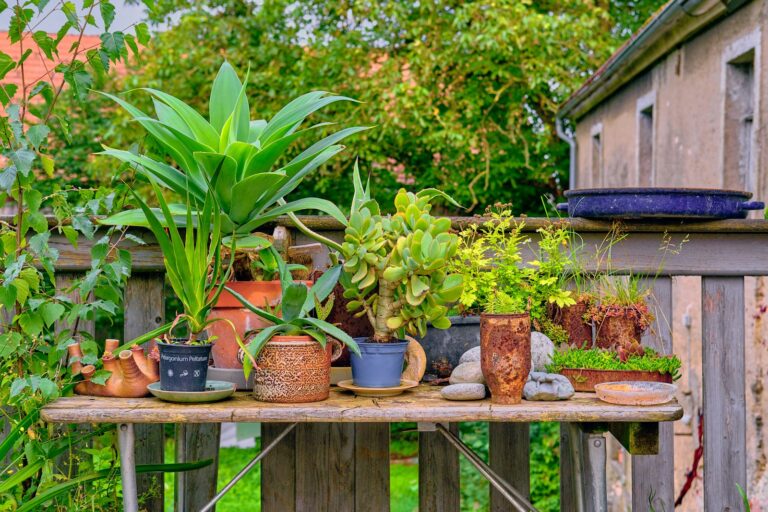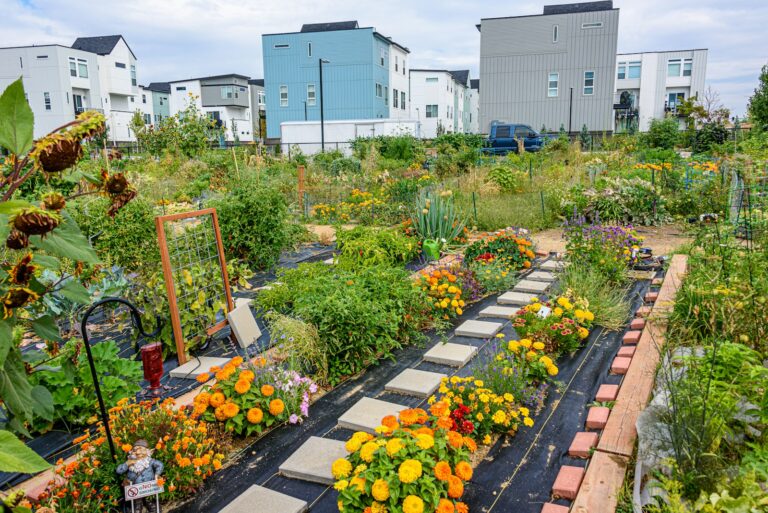How Gardening Can Boost Your Mental Health and Happiness for a Happier, Calmer You
If you’re looking for a simple way to improve your mood and reduce stress, gardening might be exactly what you need. Spending time nurturing plants can help you feel more peaceful and content, while also lowering anxiety and depression. Gardening directly boosts your mental health by easing stress and enhancing your overall happiness.
Beyond just a relaxing hobby, gardening offers benefits that reach into your focus, memory, and sense of connection with others. When you dig into the soil and care for living things, you’re also caring for your brain and emotions. Discovering these positive effects may inspire you to start your own garden, no matter the size.
The good news is gardening doesn’t require special skills or expensive equipment to make a difference. Whether it’s growing herbs on a windowsill or planting flowers in your yard, you can experience the mental health benefits firsthand. Learn more about how gardening shapes your well-being and why it’s worth picking up the trowel. For more details, check out the impact of gardening on mental health.
The Science Behind Gardening and Mental Well-being

Gardening impacts your brain and mood directly through several natural processes. It combines physical activity, sensory stimulation, and emotional engagement to create real changes in your mental state.
How Nature Interacts With the Brain

When you spend time with plants, your brain responds by lowering stress hormones like cortisol. Exposure to green spaces triggers the release of feel-good chemicals such as serotonin and dopamine. This biological reaction helps reduce anxiety and lift your mood.
The sensory elements—smelling soil, touching leaves, seeing greenery—activate multiple brain areas, enhancing mental focus and relaxation. These effects improve how your brain processes emotions, making you feel calmer and more centered.
Spending time outdoors also increases vitamin D levels, which is linked to better mental health. The combination of fresh air, light, and natural beauty creates a powerful boost to your brain function.
Mental Health Benefits Supported by Research

Gardening has been studied widely for its impact on anxiety, depression, and stress. Research shows that people who garden regularly experience fewer symptoms of these conditions.
Specific studies link gardening to reduced levels of anxiety and increased feelings of well-being. It also promotes social interaction when you work in visible spaces, which can help lower feelings of loneliness.
The physical activity involved improves overall health, which can indirectly boost your mood. Engaging in gardening can increase your sense of achievement, which raises self-esteem and satisfaction.
For more on the benefits supported by research, see this article on the positive effects of gardening on mental health.
Role of Mindfulness in Gardening

Gardening naturally encourages mindfulness because you focus on present tasks like planting, watering, and pruning. This focus on simple, repetitive activities quiets your mind and reduces racing thoughts.
Mindfulness in gardening helps interrupt negative thinking patterns often linked with anxiety and depression. Being attentive to the small details of your garden grounds you and fosters calmness.
This mindful engagement also increases your awareness of nature’s cycles, which can give a sense of rhythm and stability. It’s a way of creating a peaceful mental space, improving your resilience against stress.
By practicing mindfulness regularly with gardening, you train your brain to stay present, enhancing long-term mental clarity and emotional balance.
Emotional Benefits of a Gardening Routine
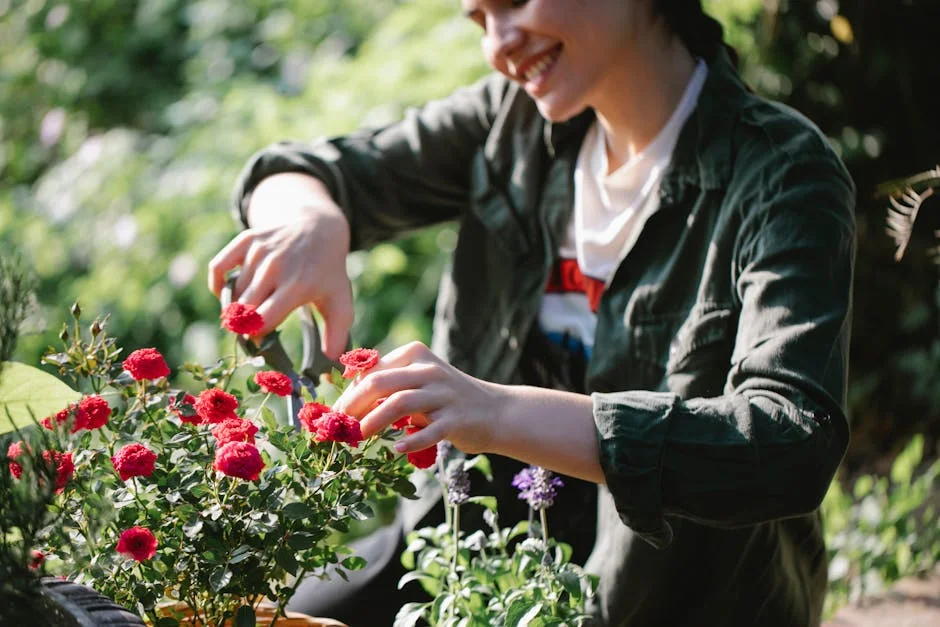
Gardening offers several emotional benefits that can improve your mood and mental well-being. It helps reduce feelings of stress while boosting your confidence and giving you a sense of achievement through the care and growth of your plants.
Reducing Stress and Anxiety

When you garden, you engage in a calming activity that helps lower stress hormones. The physical act of tending plants and being outdoors allows your mind to focus, reducing anxious thoughts.
Spending time with nature and soil has been shown to ease tension and promote relaxation. Even short periods of gardening can lead to noticeable reductions in anxiety levels. This calming effect can help you manage everyday pressures more effectively.
Boosting Self-Esteem and Confidence

Growing plants successfully can make you feel proud and capable. Every seed you plant and watch develop into a thriving plant reinforces your ability to nurture and create.
This boost in self-esteem often extends beyond the garden and improves how you see yourself in other areas of life. Gardening gives you visible results that show your efforts matter, helping to build confidence with each step.
Fostering a Sense of Accomplishment

Completing gardening tasks, like planting, watering, or harvesting, provides clear goals and rewards. These small achievements offer satisfaction and purpose in daily routines.
You can track progress easily by observing your plants’ growth, which can brighten your mood and drive a positive mindset. This regular sense of accomplishment supports mental health by encouraging persistence and mindfulness in your day.
For more on how gardening benefits your mental well-being, visit Mayo Clinic’s page on gardening benefits or explore mental health improvements from gardening.
How Gardening Enhances Everyday Happiness

Spending time gardening brings specific emotional benefits that can brighten your daily life. It helps you focus on positive moments and build strength to handle tough situations.
Encouraging Positivity and Gratitude
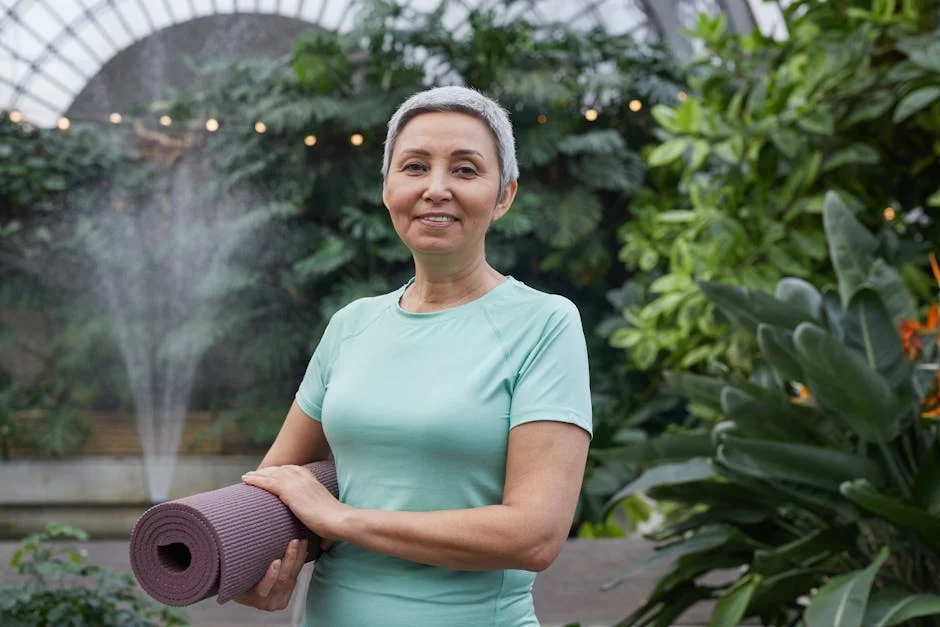
When you garden, you regularly witness growth and renewal, which naturally encourages feelings of positivity. Watching a seed sprout or a flower bloom can give you a sense of accomplishment and joy.
Gardening also helps you slow down and notice small details, like the texture of leaves or the scent of soil. This mindfulness can increase your appreciation for nature and make you more grateful for everyday experiences.
You might find yourself reflecting on the care you provide and the rewards that come from patience. These moments build a habit of gratitude that brightens your mood beyond the garden.
Strengthening Emotional Resilience
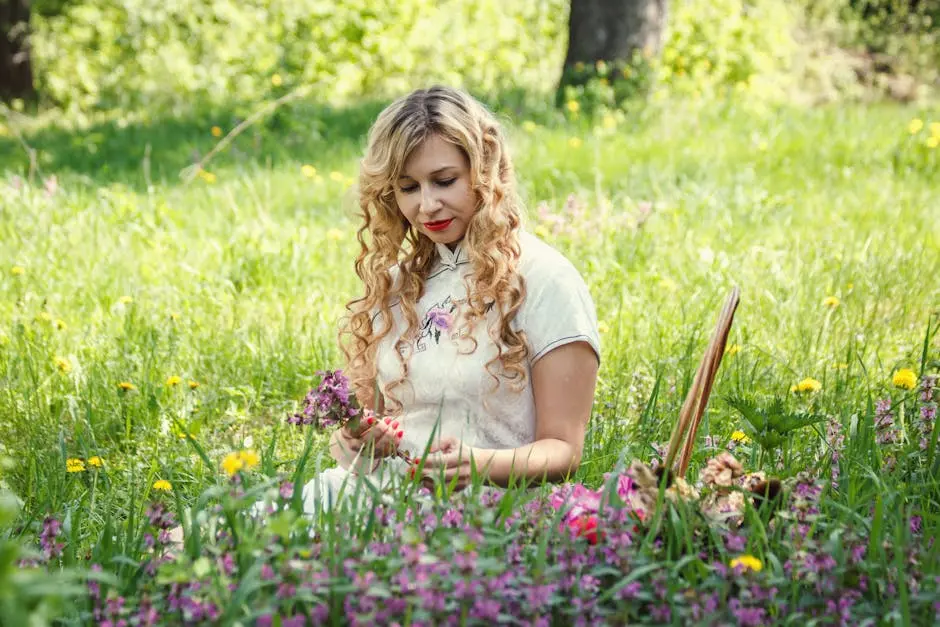
Gardening teaches you to adapt and respond to changing conditions, like weather or plant health. This practical experience can translate into greater resilience in your everyday challenges.
As you care for plants, you develop a routine and a sense of purpose, which supports emotional stability. Time spent outdoors can also reduce stress hormones, helping you stay calmer during difficult times.
By facing setbacks like pests or slow growth, you learn persistence and problem-solving skills that strengthen your ability to bounce back from disappointments. This makes gardening a practical tool to build emotional resilience.
For more on how gardening lowers stress and supports mood, see the detailed benefits at Mayo Clinic Health System.
Social and Community Aspects of Gardening

Gardening goes beyond just caring for plants. It helps you forge meaningful relationships and become part of supportive environments, enhancing your social well-being.
Building Connections With Others

When you garden, you often find chance to interact with neighbors or fellow gardeners. These shared interests create easy opportunities for conversation and friendship.
Gardening clubs or groups allow you to exchange tips, celebrate successes, and support one another, reducing feelings of loneliness. You can find encouragement and learn from others’ experiences, which can boost your motivation and sense of belonging.
Meeting regularly around gardening projects fosters strong bonds. These social ties improve mood, lower stress, and increase your satisfaction with life.
Community Gardens and Shared Spaces

Community gardens provide accessible green spaces where you can work alongside others. Being part of this shared effort lets you feel connected to your neighborhood.
In these communal spaces, you contribute to growing fresh produce, improving local environments, and creating welcoming areas for everyone. This shared purpose helps build trust and cooperation among diverse groups.
Participating in community gardening can improve your communication skills and expand your social network. It also brings a sense of pride knowing you’ve contributed to something bigger than yourself.
You can learn more about how community gardening supports mental and social well-being from MSU research.
Tips for Starting a Garden to Improve Well-being

Creating a garden that supports your mental health means paying attention to your environment, setting goals you can manage, and using gardening as a chance to practice mindfulness. These steps help you stay motivated and get the most benefit from your time outdoors.
Choosing the Right Garden Space

Pick a spot where you feel comfortable and relaxed. It doesn’t have to be big; even a small balcony or a sunny windowsill can work. Make sure the space gets enough sunlight for the plants you want.
Consider access as well—choose a place easy to reach regularly. This helps you stay consistent without feeling overwhelmed. Check the soil condition if you’re planting outside; good soil boosts plant growth and makes gardening more satisfying.
If you’re tight on space, raised beds or containers can save room and reduce bending. Adding water features or seating nearby can make the space more calming and inviting, enhancing your mental wellbeing.
Setting Achievable Goals

Start small with clear, realistic goals. Decide what you want to grow and how much time you can spend weekly. This prevents frustration and keeps your gardening experience positive.
Break tasks into manageable steps like preparing soil one day and planting seeds the next. Track your progress, noting small wins such as seedlings sprouting or flowers blooming.
Focus on plants that match your patience level. Fast-growing herbs or easy flowers provide quicker rewards, which helps maintain motivation and improve your mood through accomplishment.
Incorporating Mindful Practices

Use gardening as a chance to slow down and focus on the present. Pay attention to the textures, smells, and colors around you. This awareness can reduce stress and increase calmness.
Try deep, slow breathing while you work. Feel the soil between your fingers or listen to the sounds of nature. These simple acts build mindfulness naturally.
Set aside regular times for gardening, making it a routine chance to detach from technology and distractions. This ongoing practice can improve your mood and lower anxiety over time.
For more insight on how gardening can lower stress and promote mood, explore benefits of gardening and mental health from the Mayo Clinic Health System.



